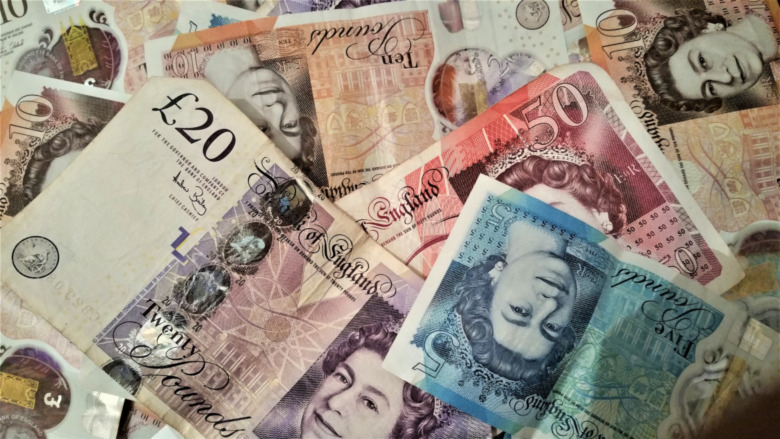How One Man Bankrupted One Of The World's Oldest Banks
We all tend to think of banks as invincible — they're literally in the business of making and saving money, so you'd think they'd be pretty good at both (at least the latter, when the former fails). Even when they utterly fail to do so, there's usually a powerful government or eccentric billionaire willing to pick up the tab. If your money's in the bank, it's safe. Right?
Well, usually.
Every once in a while, a centuries-old financial institution goes completely belly-up, proving that, in the end, nothing is invincible, and everything dies eventually. Even when the thing in question was a British bank worth nearly £1 billion that dated back to the colonial era and counted Queen Elizabeth II herself as one of its clients (via CNBC). That's what happened to Barings Bank in 1995. And all that was required for this financial storm to occur was one completely terrible employee.
Nick Leeson managed to single-handedly blow a billion dollars and bankrupt Barings Bank in the process
Originally from Watford, Hertfordshire, Nick Leeson had worked his way up from the bottom in the financial industry, eventually landing a management position at the bank's Singapore office in 1992. There he established himself as something of a golden child, earning £10 million for Barings in a single year, which accounted for 10% of the bank's annual income. According to the University of Texas, these enormous profits gave him an aura of near-infallibility, which led to the bank giving him very little oversight.
Leeson's official job in Singapore was to engage in arbitrage — that is, to simultaneously buy and sell the same commodities in both Singapore and Japan, in order to profit from market differences. As time went on he began to make increasingly risky bets, holding onto items longer than he should have, betting that prices would go up. He didn't have authorization to do this, but as long as he was making money, no one complained.
The problems started show in 1992, when Leeson hid a single, small loss in an error account that wasn't being well audited. This seemed to take care of the situation, so Leeson kept doing it. When his risky bets paid off, he would tout the profits; when they failed, he would hide the losses and bet even bigger to pay them off.
When his bets caught up with him, Leeson was forced to literally flee the country
His go-to course of action was to take any loss and in effect bet twice the amount, but once his luck ran out, this led only to losses spiraling out of control. According to the University of Texas, he later said, "[I] wanted to shout from the rooftops, this is what the situation is, there are massive losses, I want to stop. But for some reason you're unable to do it."
In February of 1995, Leeson attempted to make up for all the losses with a single, massively leveraged bet on the Japanese stock exchange, right as an earthquake in Japan sent its economy into a freefall. The resulting loss — hundreds of millions of pounds, or more than $1 billion — proved unhideable. Leeson left a two-word note on his desk — "I'm sorry" — and went on the run, says The Guardian. Two days later, Barings had entirely collapsed as an institution and was sold to Dutch bank ING for £1.
Leeson was apprehended in Frankfurt and extradited back to Singapore, where he served four years in prison. Don't feel too bad for the guy, though. Book publisher Sphere paid him £200,000 for his autobiography, "Rogue Trader," and he made another £7 million from the movie rights.
Nor did any Barings execs miss their enormous bonuses that year. Because some things are even more reliable than banks.


